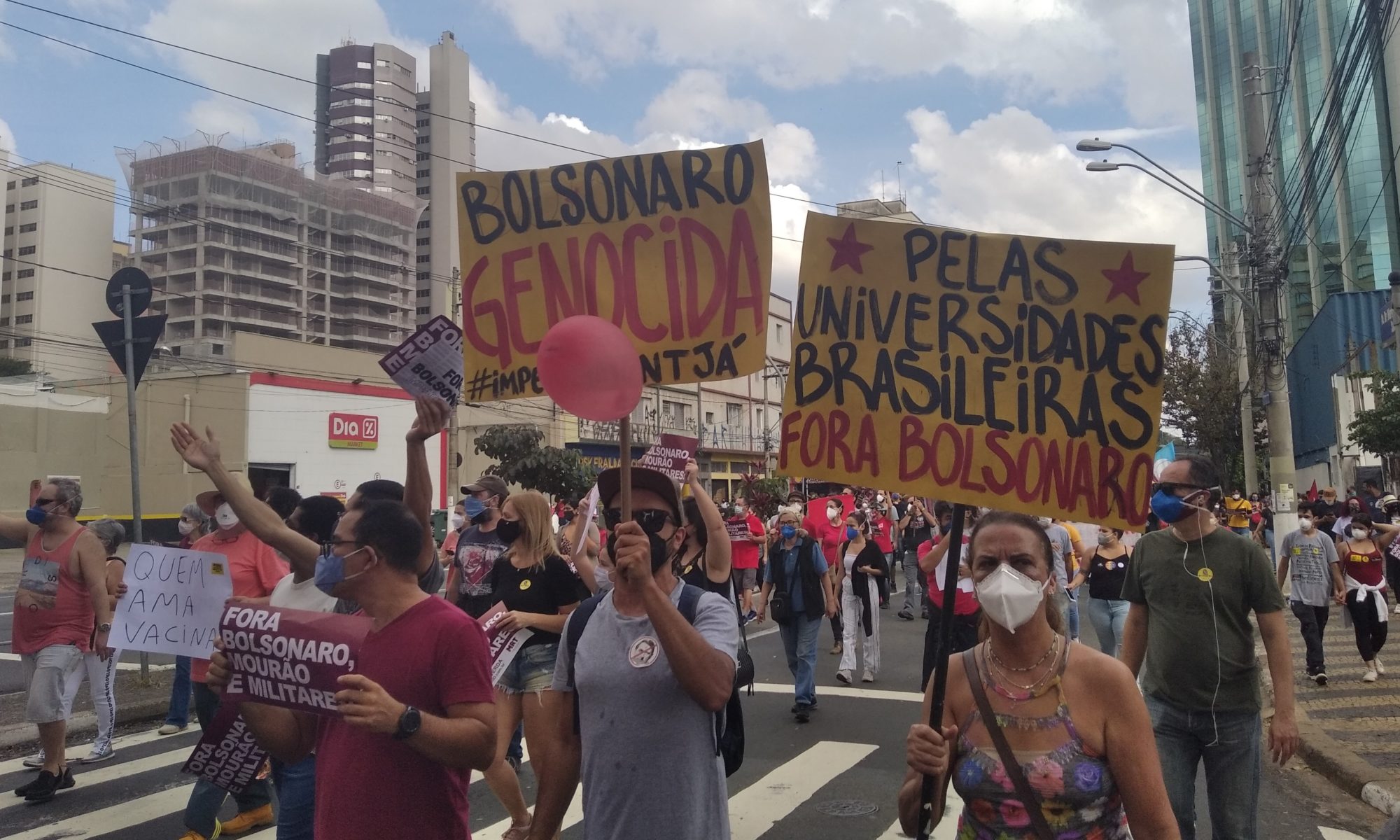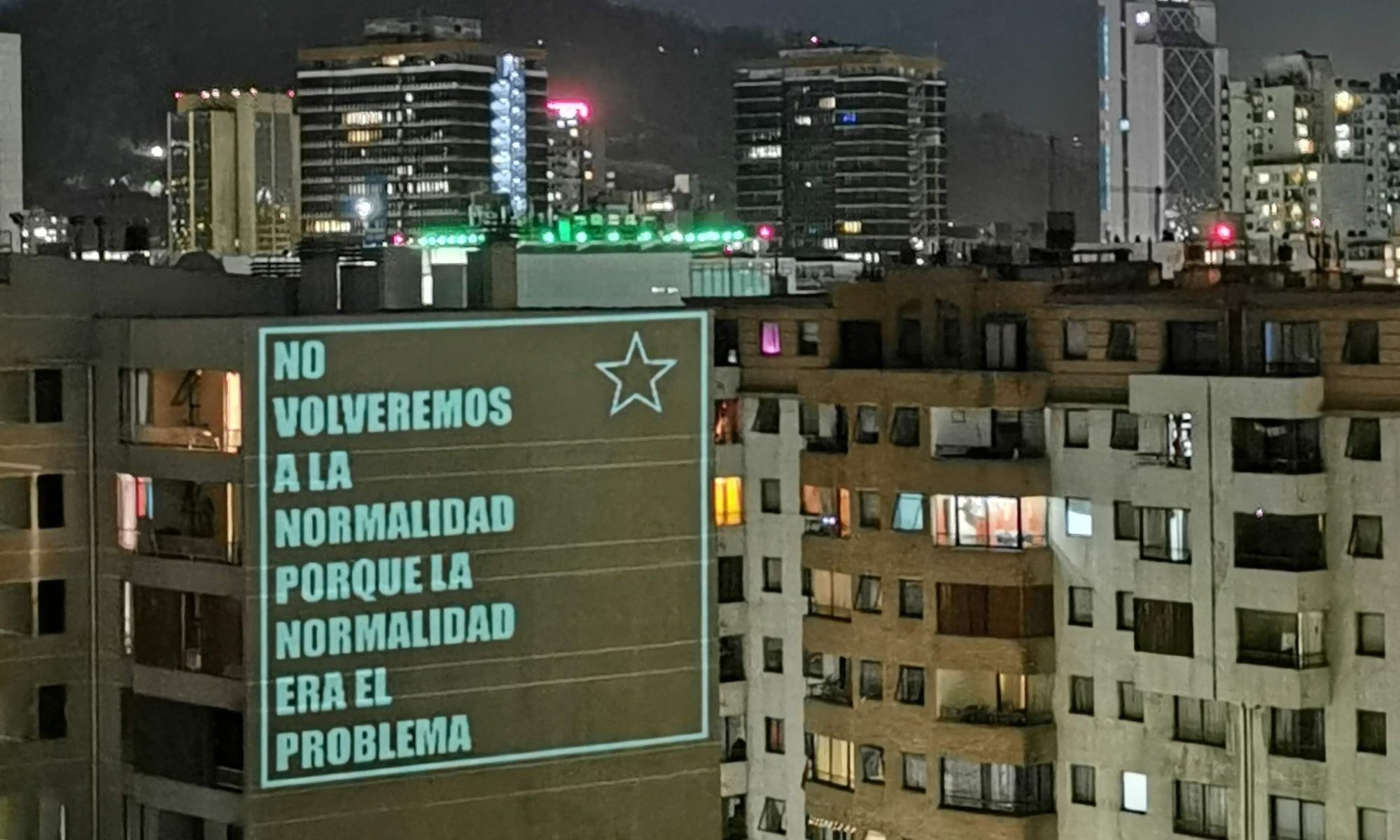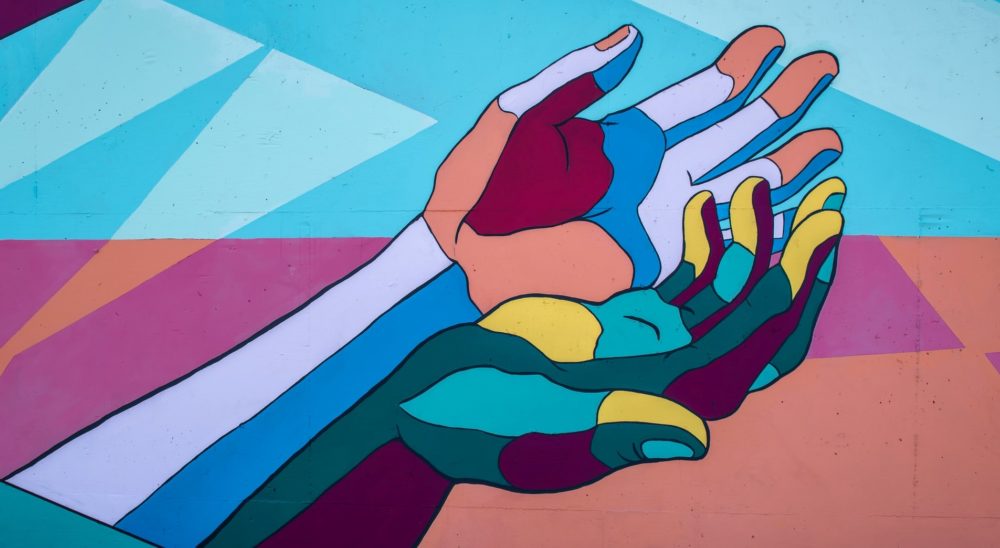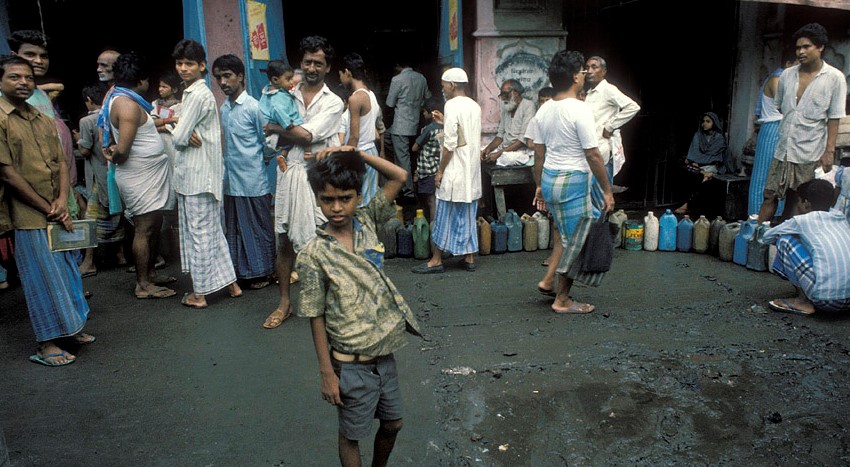By Christiane Kliemann | EADI/ISS Blog Series
The absence of serious measures to protect citizens from the COVID-19 virus in countries such as India and Brazil, as well as vaccine grabbing by countries in the Global North, have created much avoidable suffering, mainly, but not only, in the Global South. Nearly a year and a half after the outbreak of the pandemic, hope for transformative change rests mainly on the countless practices of solidarity by local communities worldwide. It therefore comes as no surprise that all speakers at the opening plenary of the EADI ISS #Solidarity2021 conference were torn between pessimism and hope when taking stock of solidarity in times of COVID-19. Continue reading “COVID-19: solidarity as counter-narrative to crisis capitalism”





